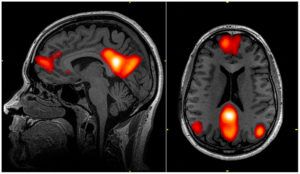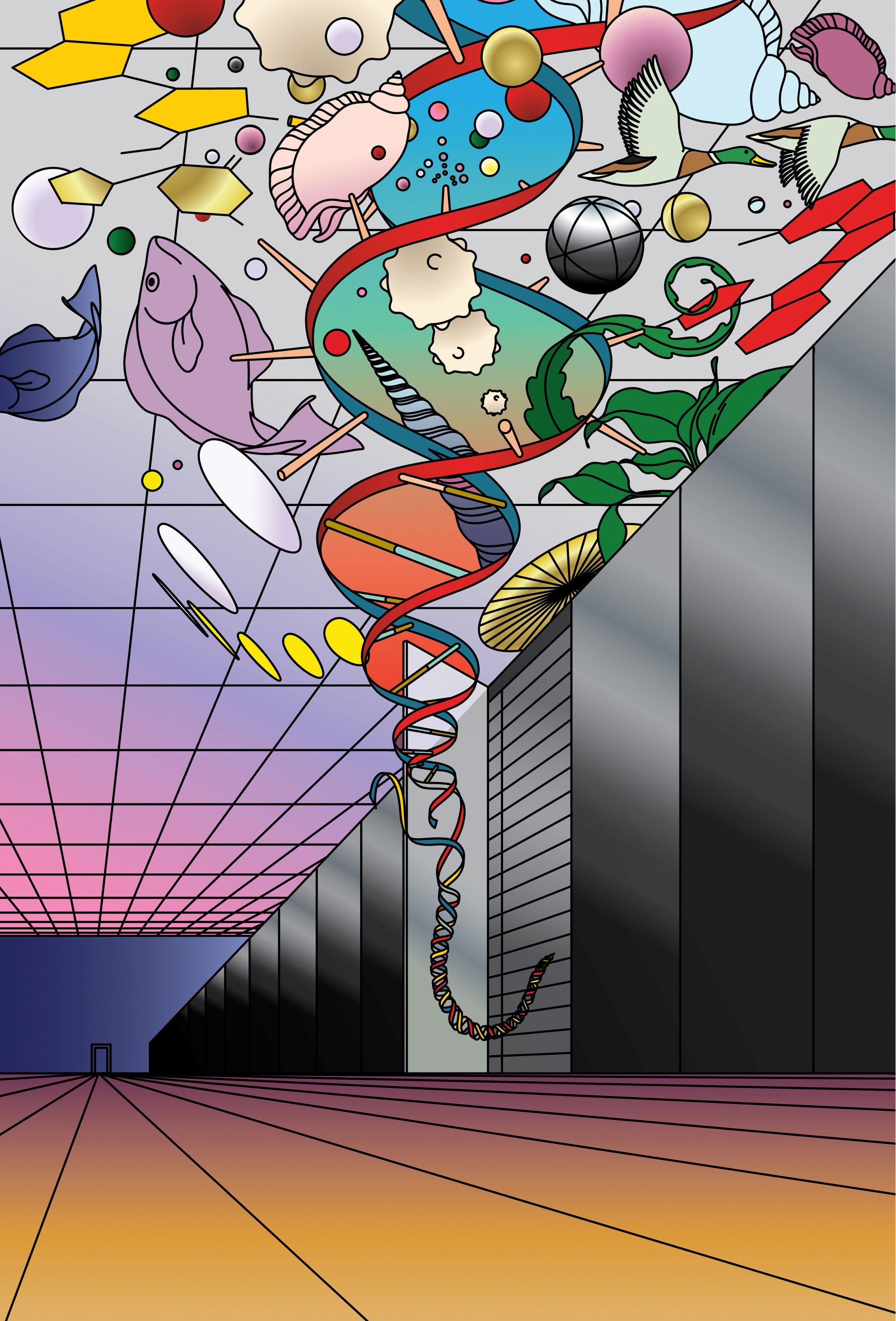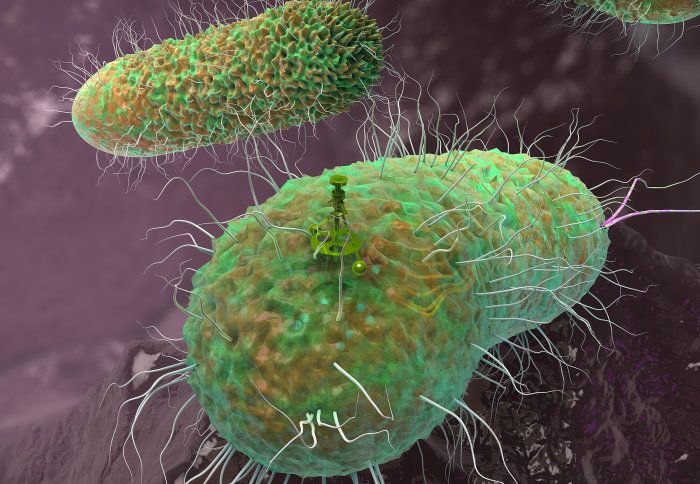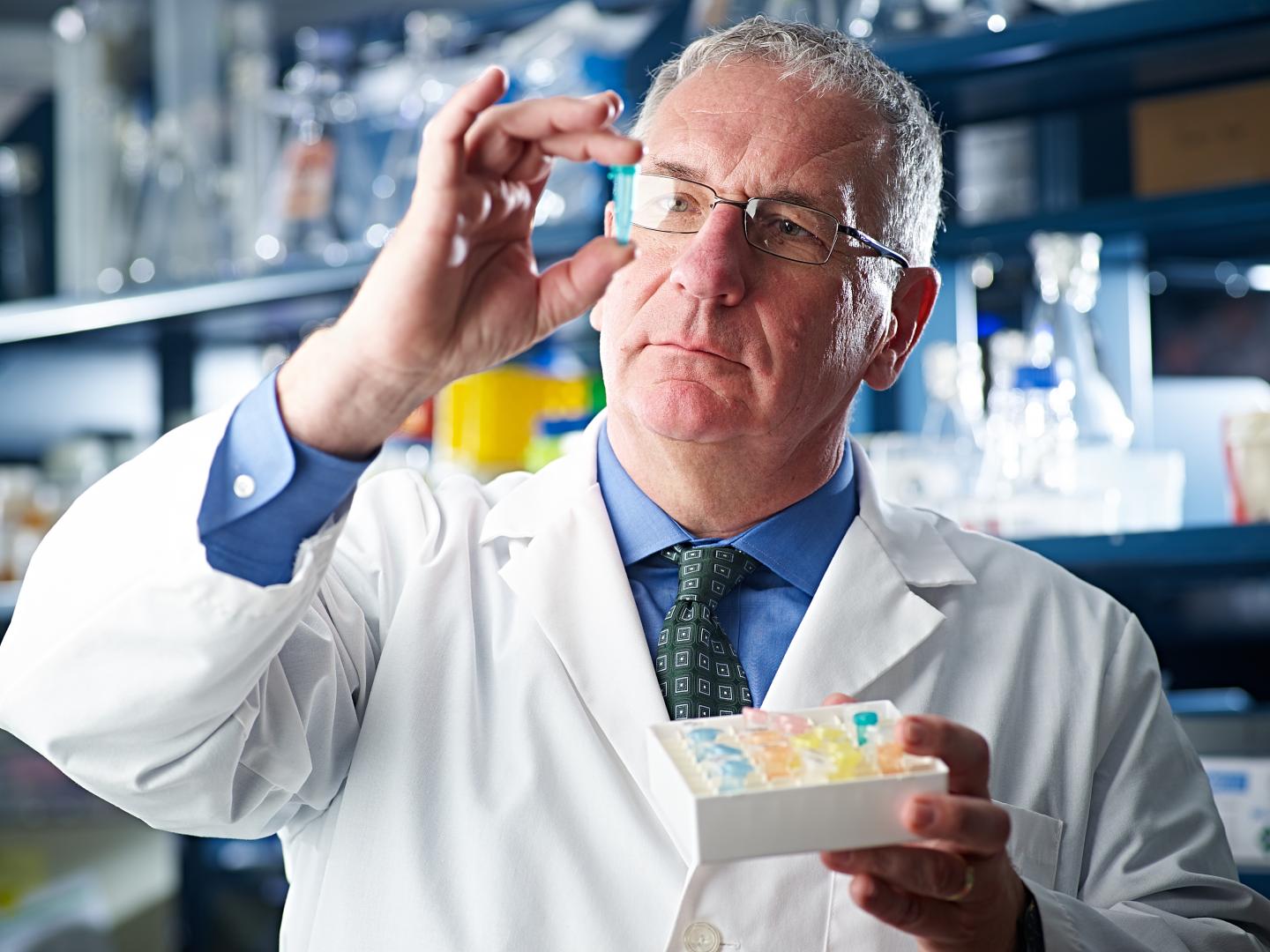
Category: bioengineering





Biology Will Be the Next Great Computing Platform
https://www.wired.com/…/biology-will-be-the-next-great-comp…
In some ways, Synthego looks like any other Silicon Valley startup. Inside its beige business park facilities, a five-minute drive from Facebook HQ, rows of nondescript black server racks whir and blink and vent. But inside the metal shelving, the company isn’t pushing around ones and zeros to keep the internet running. It’s making molecules to rewrite the code of life.
Crispr, the powerful gene-editing tool, is revolutionizing the speed and scope with which scientists can modify the DNA of organisms, including human cells. So many people want to use it—from academic researchers to agtech companies to biopharma firms—that new companies are popping up to staunch the demand. Companies like Synthego, which is using a combination of software engineering and hardware automation to become the Amazon of genome engineering. And Inscripta, which wants to be the Apple. And Twist Bioscience, which could be the Intel.
All these analogies to the computing industry are more than just wordplay. Crispr is making biology more programmable than ever before. And the biotech execs staking their claims in Crispr’s backend systems have read their Silicon Valley history. They’re betting biology will be the next great computing platform, DNA will be the code that runs it, and Crispr will be the programming language.



E. coli rewired to control growth as experts let them make proteins for medicine
Experts have equipped biotech workhorse bacteria with feedback control mechanism to balance growth with making protein products.
Medicines like insulin and interferon are manufactured using genetically engineered bacteria, such as E. coli. E. coli grow quickly and can be given DNA that instructs them to make proteins used in medicines and other materials.
However, the extra burden of producing new proteins hampers bacterial growth, which slows production. Solving this problem is an area of great interest for biotechnology and synthetic biology.

Chasing Captain America: why superhumans may not be that far away
Bioengineering technology is advancing rapidly. Here’s why it might produce a world of unimaginable inequalities.

Researchers use CRISPR to edit DNA outside of the cell for the first time
Wilmington, DE, April 19, 2018 — Scientists at Christiana Care Health System’s Gene Editing Institute have developed a potentially breakthrough CRISPR gene-editing tool. It could allow researchers to take fragments of DNA extracted from human cells, put them into a test tube, and quickly and precisely engineer multiple changes to the genetic code, according to a new study published today in the CRISPR Journal.
Investigators at the Gene Editing Institute, which is part of the Helen F. Graham Cancer Center & Research Institute at Christiana Care, said their new “cell-free” CRISPR technology is the first CRISPR tool capable of making multiple edits to DNA samples “in vitro,” which means in a test tube or petri dish. The advance could have immediate value as a diagnostic tool, replicating the exact genetic mutations found in the tumors of individual cancer patients. Mutations that cause cancer to spread can differ from patient to patient, and being able to quickly identify the correct mutation affecting an individual patient can allow clinicians to implement a more targeted treatment strategy.
“With this new advance, we should be able to work with laboratory cultures and accomplish gene edits in less than a day, significantly reducing the time required for diagnostics compared to other CRISPR tools, and with much greater precision,” said Eric Kmiec, Ph.D., director of the Gene Editing Institute and principal author of the study. “This is particularly important for diagnostics linked to cancer care where time is critical.”